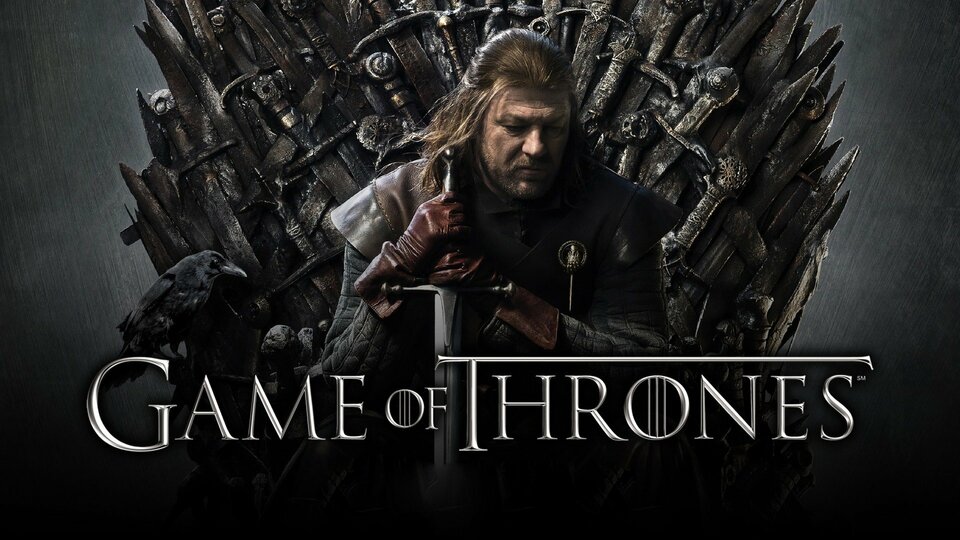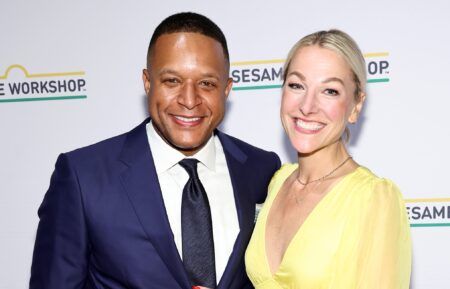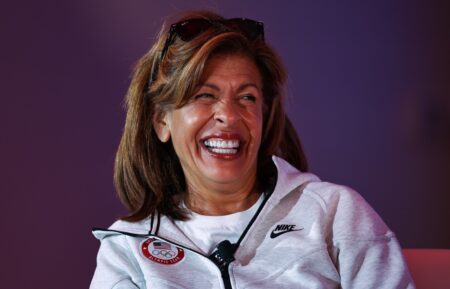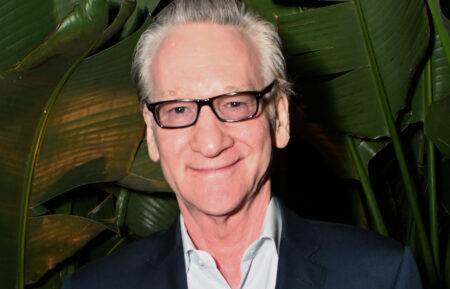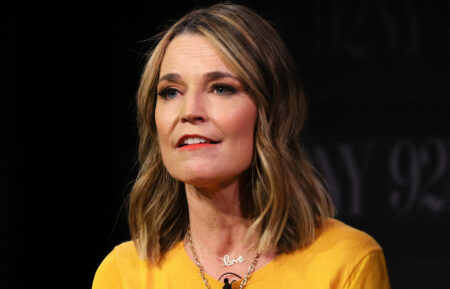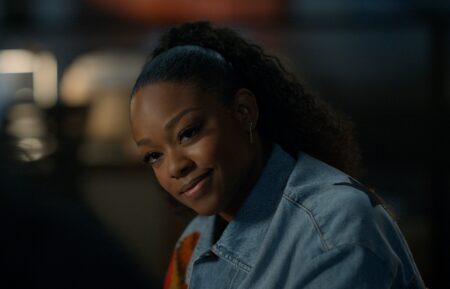‘Game of Thrones’ Director Takes Us Behind the Scenes of Season 5 Finale
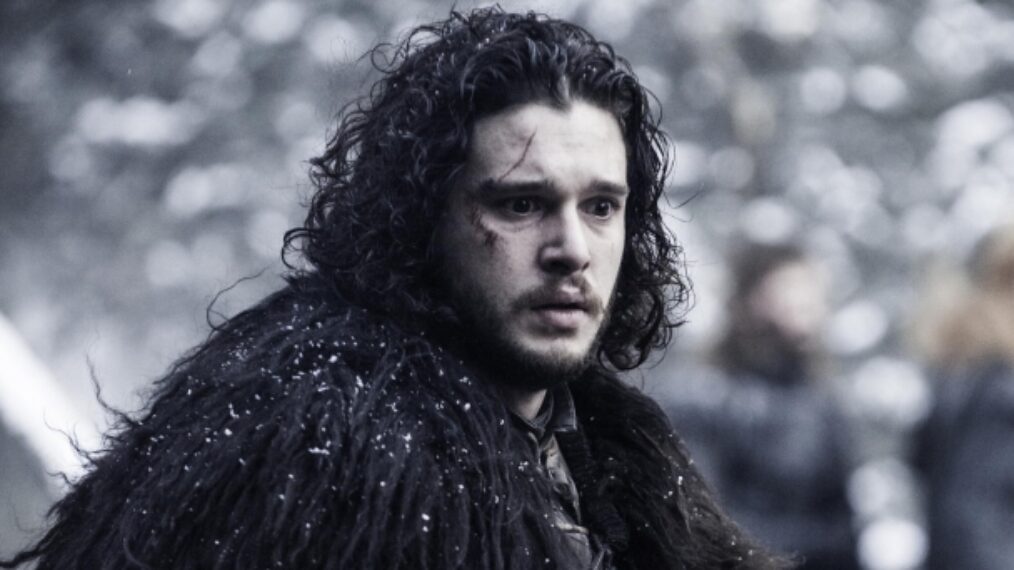
Major spoilers ahead!
Snow has fallen. Game of Thrones lost a beloved hero in the Season 5 finale when Lord Commander of the Night’s Watch Jon Snow (Kit Harington) was stabbed by a rebellious faction of his men.
For Harington, Jon’s fate was sealed when he became a leader. “Jon stepped very much into the political world this season. That was new to him, new to me,” Harington says. “There was more talking than I’ve ever had to do. Jon hates that, and I hate that. It just doesn’t feel right for him. He’s a silent man. He’s introverted. He lives inside his head. But it was necessary.”
Necessary, for sure. Jon saved countless Wildlings when his wise words convinced them to flee the White Walkers and take shelter at Castle Black. But sharing a roof with their former enemies infuriated some in the Night’s Watch and they voiced that anger with knives. Lots of knives.
We talked to the episode’s director David Nutter, a regular GoT helmer who also shot the series’ tragic Red Wedding, for the behind-the-scenes scoop on filming Jon Snow’s final moments at the Castle Black set in the countryside of Northern Ireland.
What was the mood on set?
It was quite moving and emotional. I shot this sequence with the same crew members who shot the Red Wedding. We were all kind of taken back [to that] and quite sad. When you do this stuff for the length of time that we do it, and the intensity, it isn’t work anymore. It becomes our way of life. People we work with become our families. What emotionally happens on the set happens behind the camera as well. It’s quite a painful experience.
For this shocking scene, what was your goal as a director?
We all wanted to make it great, to do justice to such an important moment. We had half the night to shoot—five hours. I wanted to get into Jon’s point of view and perspective as quickly as possible. It’s all about him. The great thing is that Jon has no idea [that is he about to be attacked.] The audience has no idea. I wanted it to happen before you know it—fast enough so that we didn’t start to say, “What’s going on here?” It happens quickly and then when it happens, it’s quite powerful. The attitude was to keep it moving and flowing.
What was Kit Harington’s working process with you and the crew?
We are a band of brothers. We’re one for all, all for one. Kit does not know how to give less than a thousand percent. He’s in it completely. With Kit, more than anything else, it was just talking with him about everything and about where we were headed [in the scene.]
Did you face any technical challenges?
When Jon Snow was stabbed and blood started coming out, we had to shoot that in a way that visual effects and special effects could meld and make it match. We couldn’t do a lot of different takes because it would have been a lot of paint-up of Jon Snow and the blood, and [the fake] snow on the ground. We shot chronologically. That way Kit didn’t have to do it 10 times [from] 30 different angles. He could really go for it. We had to do a lot of rehearsals to make sure that we got that section just right.
What was the rehearsal process like?
The day before, I discussed with Kit and the crew what was going to happen, where the camera would be pointed. We talked about the blocking—who’s going to attack and how it’s going to happen. Once everybody gets the moving of the chess pieces, we think about the emotional part of the scene that really matters most, that is so vitally important to make this sequence worthy. I wanted everybody to have it in their heads and let them sleep on it for one night.
How did you choose which of the regular Night’s Watch extras would play the traitors?
Some of these guys are so serious about what they do. It’s a really important part of who they are. It means the world to them. They know the Night’s Watch oath. They have tattoos. They have clubs and get-togethers. We chose the guys that haven’t played Jon Snow’s buddies or comrades. It was interesting to bring them into the fray and have them involved because so much of it was about their reactions.
Did the writers make any adjustments that night?
A scene like this is not something you shoot from the hip. You have to really believe in what you wrote down and follow that to a T. [Showrunners] Dan [Weiss] and Dave [Benioff] are very smart and cultured and understand the emotional integrity that the show needs. Dan was on set and he didn’t make any changes.
What happened after you wrapped?
There was a lot of hugging and a lot of, “We did it. We succeeded. We did our best.” We’re all very proud of what we did. My goal was to do justice to something that was so important; to make sure it was handled with respect and the right tone.
Did you go out afterwards?
Oh, my dear [laughs], when you finish a day of shooting Game of Thrones, you don’t go out. You’re tired. You’re spent. You go get some rest because you have to work the next day. I finished at midnight and had to be on set at 6 a.m. for another sequence.
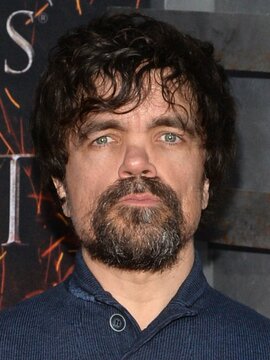
Peter Dinklage
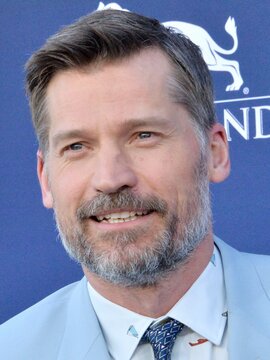
Nikolaj Coster-Waldau
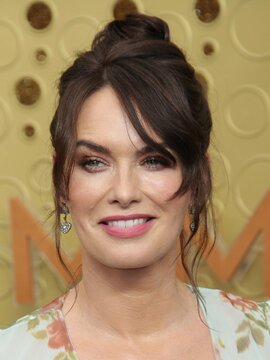
Lena Headey

Emilia Clarke
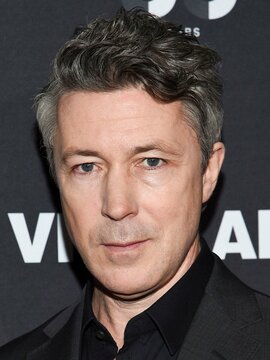
Aidan Gillen

Kit Harington
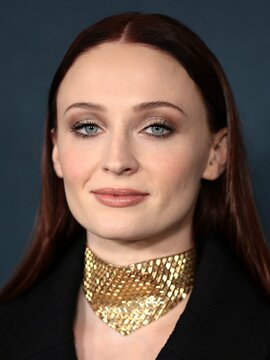
Sophie Turner

Maisie Williams
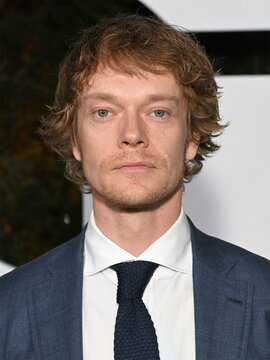
Alfie Allen
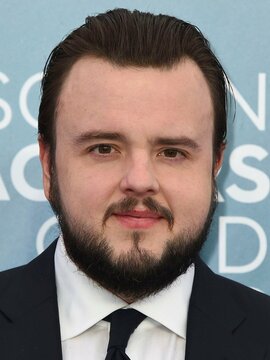
John Bradley
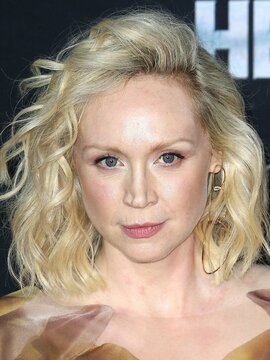
Gwendoline Christie
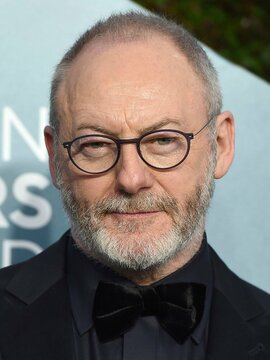
Liam Cunningham
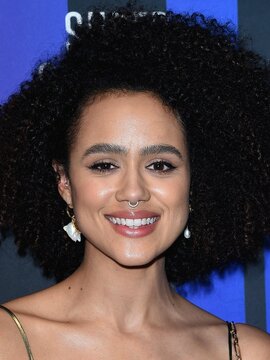
Nathalie Emmanuel
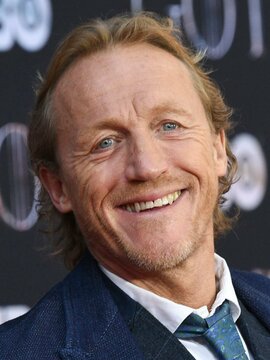
Jerome Flynn

Iain Glen
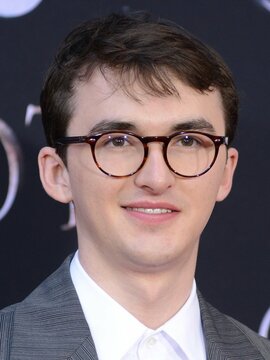
Isaac Hempstead-Wright
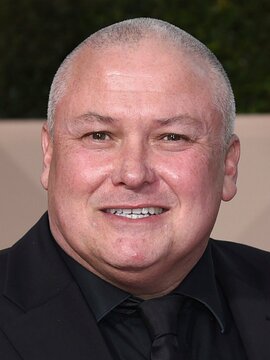
Conleth Hill

Kristofer Hivju
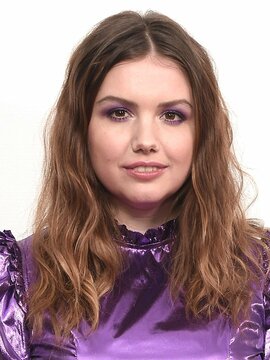
Hannah Murray
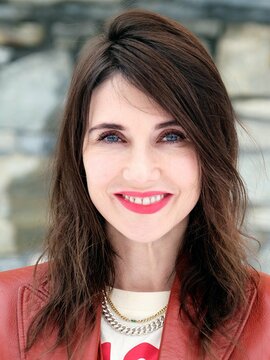
Carice van Houten

Indira Varma

Rory McCann
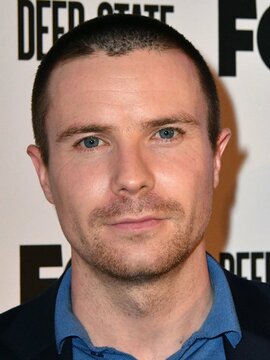
Joe Dempsie
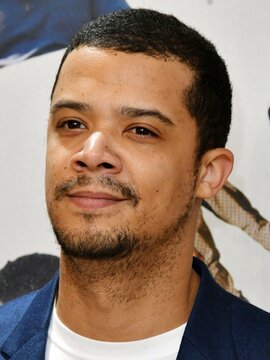
Jacob Anderson
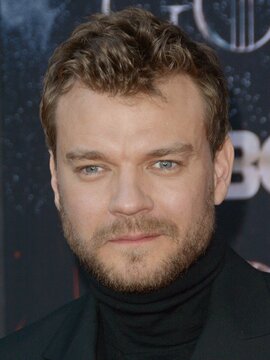
Pilou Asbæk
Ben Crompton
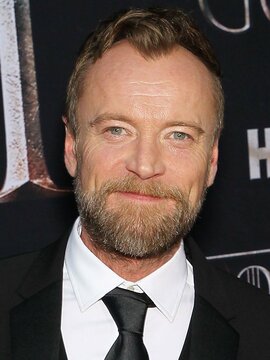
Richard Dormer
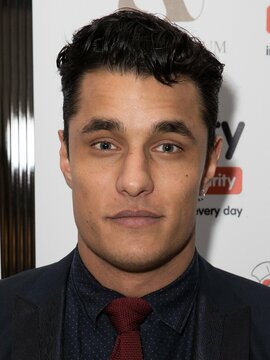
Staz Nair
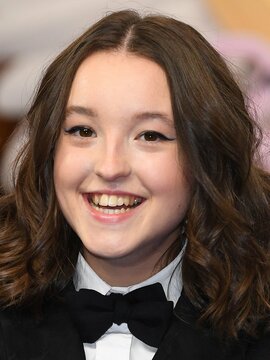
Bella Ramsey
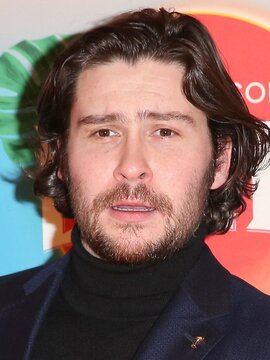
Daniel Portman
Richard Rycroft
Rupert Vansittart
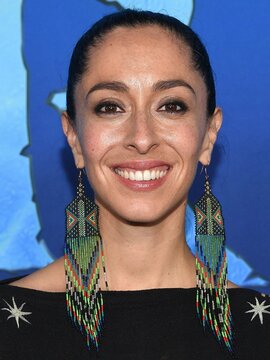
Oona Chaplin
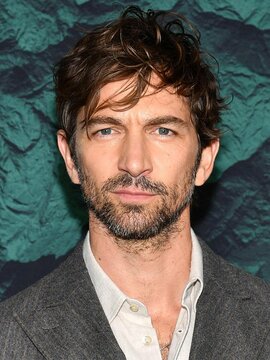
Michiel Huisman
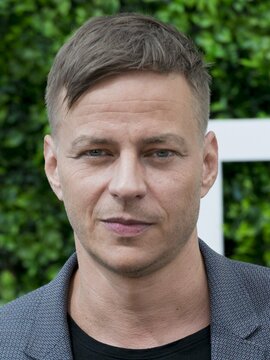
Tom Wlaschiha

Iwan Rheon
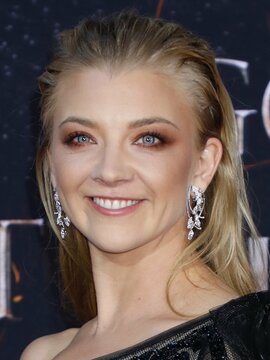
Natalie Dormer
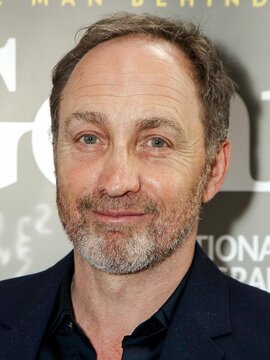
Michael McElhatton

Jonathan Pryce

Dean-Charles Chapman
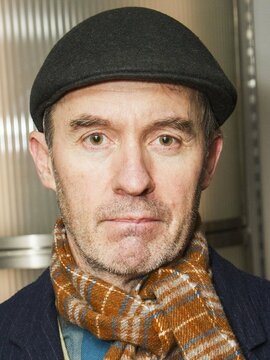
Stephen Dillane
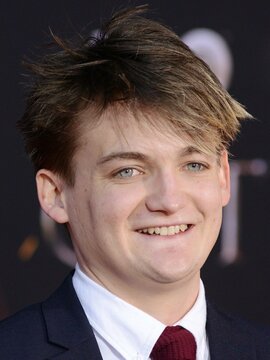
Jack Gleeson
Sibel Kekilli

Rose Leslie
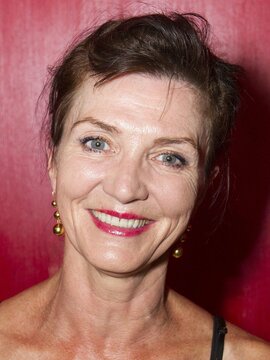
Michelle Fairley
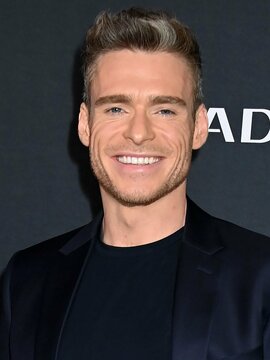
Richard Madden
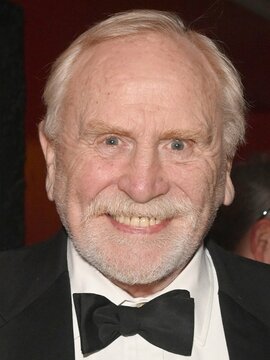
James Cosmo
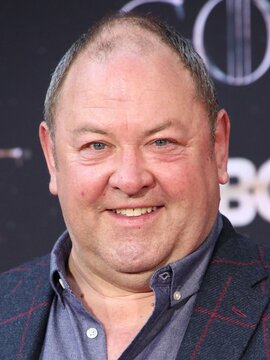
Mark Addy
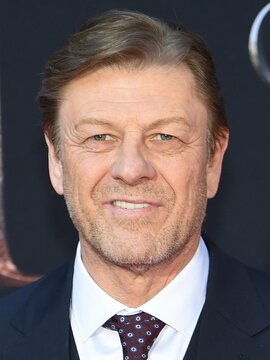
Sean Bean

Harry Lloyd
⨁Full Cast & Crew
